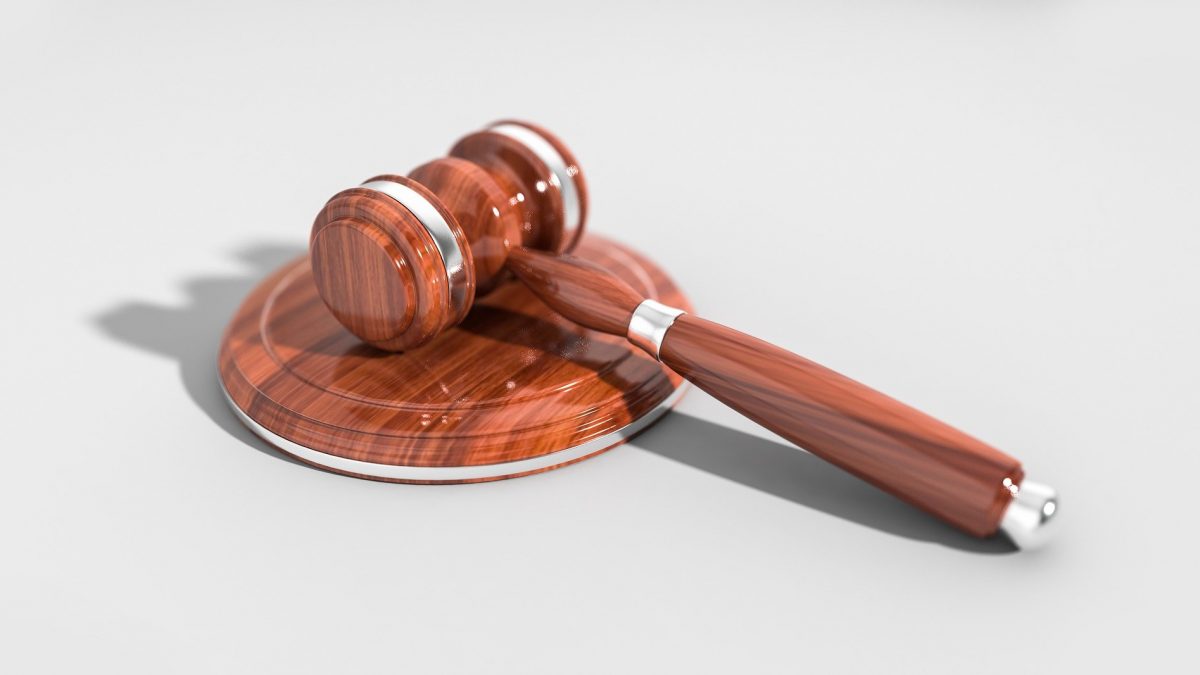
The Future Lawyer Weekly Briefing – W/C 8th April 2024
April 7, 2024
Addressing Sexual Violence in the Work Place
April 10, 2024Disclaimer: This article is written by Luke McLaughlin. Any views and opinions expressed in this article are those of the writers and do not necessarily reflect the views or positions of the team editor nor any entities they represent.
The Single Justice Procedure (SJP) was introduced as a fast-track process a to serve as an efficient and practically convenient statutory scheme, expediting the process for criminal prosecutions while reducing court backlogs in the longer term.
Despite its intended aims, a 2023 investigation by the Evening Standard uncovered an alarming list of prosecutions covered by the SJP. Underlying this was the adverse treatment of vulnerable members of society through the imposition of harsh and unjustified criminal penalties for relatively minor “petty” offences.
In a major intervention, the Magistrates’ Association (MA) have put forward 12 key recommendations in a report which would see significant changes to the routine judicial procedure in imposing criminal charges for cases covered by the SJP, in order to render the scheme “fairer, more consistent and more open.”
Background to the Single Justice Procedure
The enactment of the Criminal Justice and Courts Act 2015 saw a number of changes to the way the criminal justice system operates in England and Wales. The statute’s overarching aims included strengthening existing criminal legislation, creating practical changes to methods of dealing with offenders prior to and after conviction, and reducing rates of reoffending. In the longer turn, these objectives served to ease the burden on the taxpayer in funding court cases, and to reduce court backlogs and delays in the justice system, allowing for a more modernised system.
The Act introduced practical methods to deliver its ambitions, notably characterised by the controversial SJP. Today, the majority of summary offences take place via this process.
Offenders are issued initial notices, from which they are then given 21 statutory days to respond with their intended plea (‘guilty’ or ‘not guilty’), before submitting their plea online. Cases are often overseen by a lay magistrate (with the assistance of a legal advisor) in a closed hearing, with a judicial decision generally based on written evidence alone. A guilty plea or no response to the notice will see defendants being issued fines totalling up to £1,000, in addition to any court fees.
Why is the fast-track system considered controversial?
The nature of cases covered by the SJP are prevalent in all areas of modern life. This includes using a television without a licence, driving without car insurance or exceeding a speed limit, travelling on public transport without a valid ticket, and failing to ensure a dependant child’s school attendance.
An estimated 40,000 prosecutions are brought through the fast-track court system every month. The huge magnitude of court cases, combined with limited resources and time-constraints faced by the courts, as well as pressure to progress hearings in order to review new cases, inevitably leaves vital evidence being overlooked.
Partly due to the rife nature of cases covered by the SJP, many individuals who become victim to summary offences are some of the most vulnerable in society. Government data shows around a third of defendants prosecuted via the SJP suffer from mental or physical health conditions. In addition, a large number of defendants who come before the court are elderly, many being pensioners. The systematic consequence of the impact of the SJP, including the “harsh” non-custodial penalties that follow, form the underlying basis for public controversy towards its effect.
Pleas in mitigation in the form of letters prepared by defendants have increasingly become common sight. Despite this, The Evening Standard’s investigation revealed that the fast-track nature of the system means a large quantity are not routinely reviewed prior to hearings, resulting in prosecutors missing the chance to withdraw criminal charges once these are handed down by magistrates. The impact is particularly detrimental to more vulnerable members of society.
Why is the judicial intervention significant?
The MA highlighted how many of its members are concerned that they are not given a sufficient timescale in which to properly consider individual cases, including reviewing mitigation evidence supplied by defendants.
In an eight-page position statement, the MA put forward its 12 intended objectives, to “improve the operation, transparency and fairness of the SJP”. Its key recommendations include greater training on handling SJP cases for magistrates, with only experienced JPs allowed to sit on cases; providing ‘plain English’ paperwork for SJP defendants, and; undertaking research regarding how to support vulnerable defendants in court.
Some of the recommendations are specifically intended to help improve the overall transparency of the court system. This includes allowing journalists to watch hearings for the first time (in a democracy, the notion of ‘open justice’ is a central component in upholding public trust in the judicial system); obliging magistrates to provide short explanations in cases where they deviate from sentencing guidelines; increased publication of data on SJPs, and; ensuring defendants know their rights (for example, that they can choose to have their case heard in an open court).
Recommendations also extend to consider the role of prosecutors involved in cases. Specific recommendations include a new “public interest” check conducted by prosecutors before cases come to court, and; requiring prosecutors to see all pleas and mitigation before cases are heard by the magistrate.
Conclusion
It should be remembered that the operation of the SJP constitutes an important aspect of the magistrates’ work, given it allows for efficient use of court time. However, with magistrates emphasising the pressing need for legislative reform, resulting from unjust treatment of vulnerable members of the public, the body hopes that the implementation of these practical and essential recommendations will restore public confidence in the SJP.
With the recent publication of the MA’s recommendations, the government is facing intense pressure to reform the SJP. The Ministry of Justice has provided some indication, acknowledging the contents of the report, and that it will “carefully” consider its recommendations.





